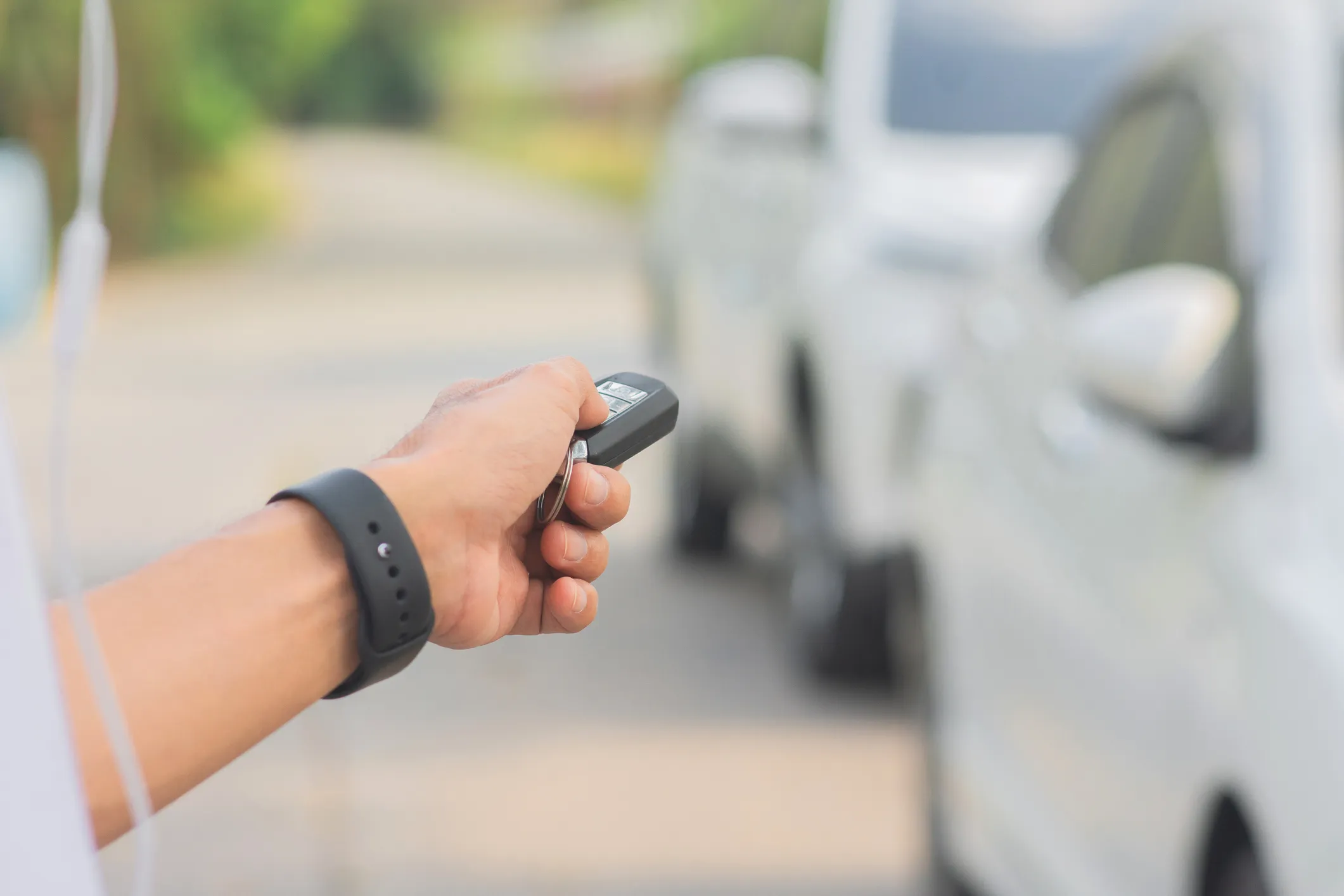A few decades ago, the thought of a keyless car would be quite strange, even seeming impossible. There is no doubt, though, that any time a person lost their key, or it broke off in the ignition, such a tool would have been a great thing to have. So, why today is there a risk to using them? There is a danger of keyless cars that all drivers have to know about to protect themselves and the investment with their vehicle.
If you have been a victim and need legal help, be sure to reach out to our West Palm Beach keyless ignition failure attorney to ensure you get the comprehensive support you need. Set up a free consultation with us at Lytal, Reiter, Smith, Ivey & Fronrath to learn how we can help you.

What are the risks of keyless ignition systems?
The danger of push-button starter cars is not clearly discussed, and most people have no idea that there is any risk at all. If you fail to turn the car off – you fail to simply press a button – you put yourself at risk for carbon monoxide poisoning.
A very close call
Here is what happened to one mother and her son, according to a story by NBC News. On a harmless and seemingly normal day, Ms. Petot pulled into her driveway, into the garage, and got out of the car. She closed the door and went inside. What she did not know was that she forgot to turn the car off. Throughout the evening, the carbon monoxide from the car’s exhaust infiltrated the home. She was told that another 20 minutes and she and her child, both of whom were sleeping, would not have made it.
This is not a single incident but something that has happened to many people. It could happen to you, too. The push button ignition danger is simply that it is not easy to remember to turn the car off when you step out, and that puts everyone at risk.
Carbon monoxide poisoning can be deadly. It comes with very few signs and often can occur in a matter of a few hours. It may be easy to use a push start ignition, but you have to know the danger of these cars, too.
Vehicle theft is a risk, too
The problems with push button start also include an increased risk of car theft. With the push button, it is easy to forget to turn the car off, and that means you could be leaving it running right in your driveway for someone to take. Other times, since you do not have to pull the key out of the ignition when you turn the car off, you may leave your keys in the car, forgetting to pick them up. That means it is very easy for others to take the car.
What can I do to prevent injury or harm from a keyless ignition?
There are a lot of initiatives in place that are trying to push for regulation to be put in place to make it mandatory that automatic shut-offs occur or some type of warning system is installed. Yet, until that happens, it is up to you to ensure you are taking every step possible to keep yourself and your family safe.
To do that, you will need to get in the habit of not closing your garage door until you are out of the car and confirm it is no longer on. You also need to be mindful that keyless cars’ carbon monoxide danger can also increase the risk of explosions in your home due to the build-up of this dangerous gas. A small ignition could cause a deadly situation.
You may want to keep your car parked in the driveway if you tend to forget to turn it off. While this may increase the risk of theft, it keeps your family a bit safer. You should also install a carbon monoxide detector in your home near your bedroom to alert you of high, dangerous levels. Remember, you cannot smell this gas, so you cannot count on that as your only warning. By being proactive, taking these steps, and warning others about the risks, you may be able to help save the life of your loved one.
Have you been the victim of such a danger?
The danger of keyless cars does not have a solution just yet, and that means that many people could become a victim of carbon monoxide poisoning. If you have been a victim of such an incident, reach out to our legal team today. Let the team at Lytal, Reiter, Smith, Ivey & Fronrath help you to seek out compensation from those who may be responsible for your losses. You can contact us by calling (561) 655-1990 to request a free consultation to discuss your case.



